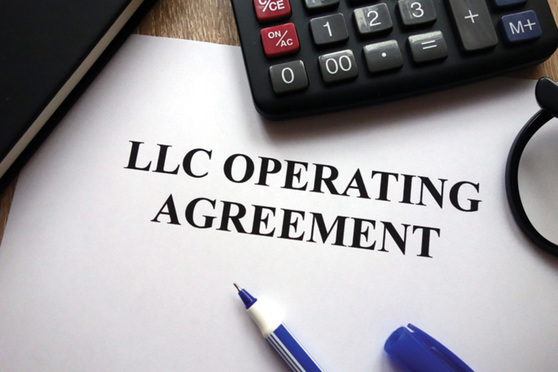The Delaware limited liability company (LLC) is a popular form of business organization in New York real estate. But parties who choose to use a Delaware LLC to own, manage, or invest in New York real estate need to be prepared for the application of Delaware substantive law to certain aspects of any dispute that may later arise, even if the dispute is litigated in New York. This article—the second in a three-part series examining common features of real estate transactions that can benefit from a litigation analysis in the negotiation phase—focuses on two of those aspects: statutes of limitations and waivers of duties.
Statutes of Limitations
Parties who choose to use Delaware LLCs to invest in New York real estate projects need to be aware that such use may result in the application of a substantially shorter statute of limitations to claims arising from the investment. In particular, although New York’s statute of limitations for breach of contract claims is six years (CPLR 213(2)), Delaware’s is only three years. See 10 Del.C. § 8106(a). A claim by a Delaware LLC arising from its investment in New York real estate may be subject to that substantially shorter limitations period.
This content has been archived. It is available through our partners, LexisNexis® and Bloomberg Law.
To view this content, please continue to their sites.
Not a Lexis Subscriber?
Subscribe Now
Not a Bloomberg Law Subscriber?
Subscribe Now
LexisNexis® and Bloomberg Law are third party online distributors of the broad collection of current and archived versions of ALM's legal news publications. LexisNexis® and Bloomberg Law customers are able to access and use ALM's content, including content from the National Law Journal, The American Lawyer, Legaltech News, The New York Law Journal, and Corporate Counsel, as well as other sources of legal information.
For questions call 1-877-256-2472 or contact us at [email protected]







